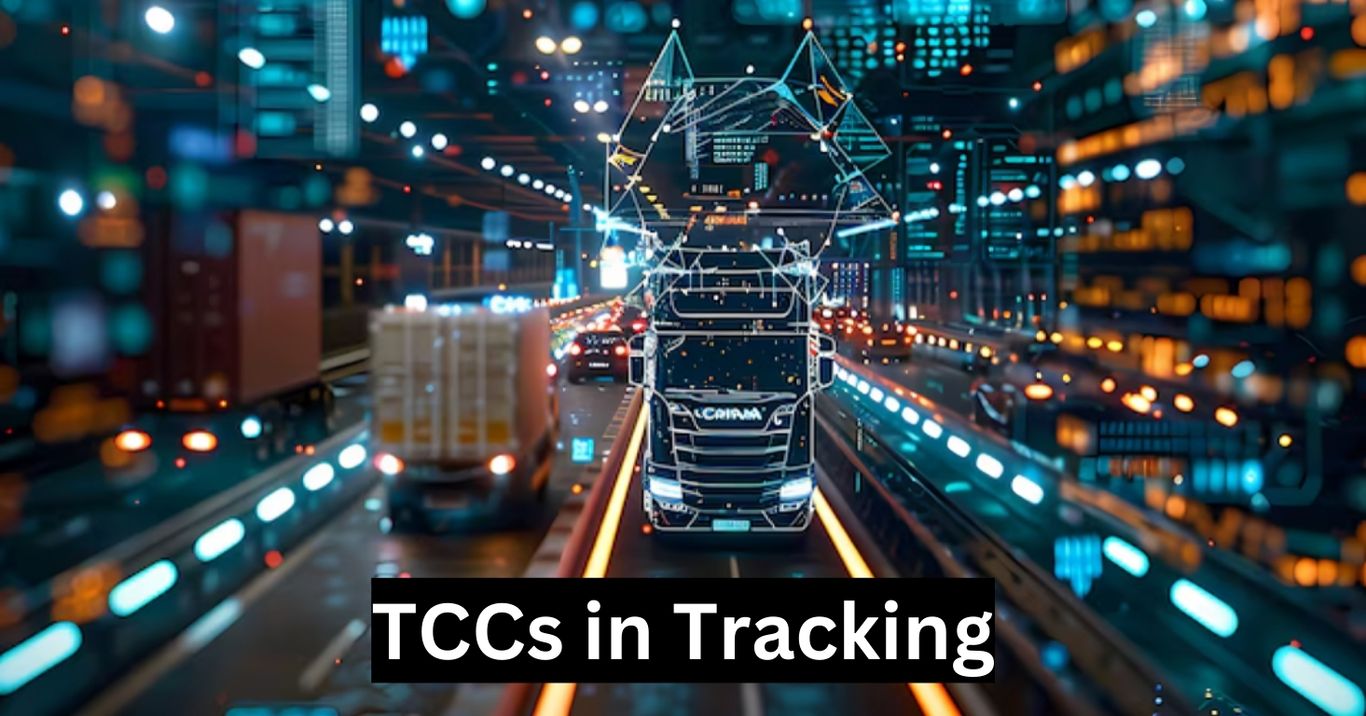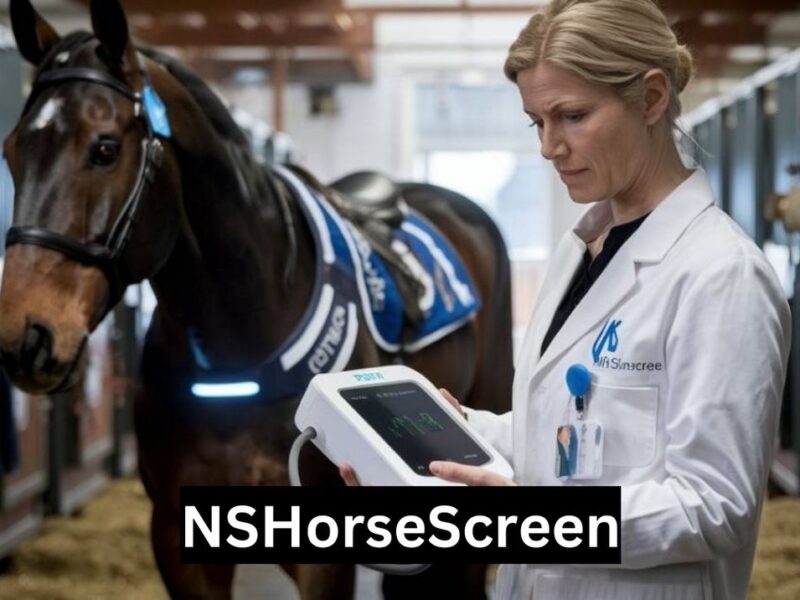Tracking technologies have evolved significantly over the years, transforming how industries manage logistics, monitor assets, and improve efficiency. One of the revolutionary advancements in this field is the use of TCCs (Trackable Communication Chips). This article delves deep into what TCCs are, their applications in tracking, and why they have become an essential component in various industries.
What are TCCs?
TCCs, or Trackable Communication Chips, are small electronic devices that facilitate the real-time tracking of objects, vehicles, or assets. They combine advanced tracking capabilities with communication technologies such as GPS, Bluetooth, RFID, and cellular networks. These chips are designed to provide seamless data transmission, making them a cornerstone in modern tracking systems.
Key Features of TCCs
- Compact Design: TCCs are small, lightweight, and easy to embed in devices or assets.
- Real-Time Data: They provide instant location updates, ensuring accurate tracking.
- Connectivity: TCCs support multiple communication protocols, allowing integration into diverse systems.
- Energy Efficiency: Modern TCCs are built to consume minimal power, enabling long-term usage.
- Customizability: Many TCCs are tailored to specific industry requirements, enhancing their functionality.
How Do TCCs Work?
The functionality of TCCs lies in their integration with tracking systems. A typical workflow involves the following steps:
- Signal Transmission: TCCs emit signals via GPS or other communication protocols.
- Data Collection: These signals are captured by tracking software or platforms.
- Processing and Analysis: The data is processed to provide insights such as location, movement patterns, and environmental conditions.
- User Accessibility: The processed data is made accessible through web or mobile applications, ensuring easy monitoring and decision-making.
Technologies Behind TCCs
- GPS (Global Positioning System): Provides precise geolocation data.
- RFID (Radio Frequency Identification): Ensures identification and tracking in close ranges.
- Bluetooth and Wi-Fi: Enable short-range communication for localized tracking.
- Cellular Networks: Offer wide-range connectivity for remote tracking.
Applications of TCCs in Tracking
TCCs have found their way into numerous industries, revolutionizing how tracking is conducted. Here are some of the most impactful applications:
Logistics and Supply Chain Management
TCCs play a vital role in streamlining logistics and supply chain operations. Companies use these chips to:
- Track the real-time location of shipments.
- Monitor temperature-sensitive goods during transit.
- Optimize delivery routes to reduce costs and improve efficiency.
Fleet Management
In fleet management, TCCs are used to:
- Monitor vehicle locations.
- Analyze driving patterns to enhance safety.
- Reduce fuel consumption by optimizing routes.
Healthcare
In the healthcare sector, TCCs are used for:
- Tracking medical equipment.
- Monitoring the movement of pharmaceuticals.
- Ensuring the safety of patients through wearable tracking devices.
Retail and Inventory Management
Retailers use TCCs to:
- Keep track of inventory levels.
- Prevent theft and loss.
- Enhance customer experience through efficient stock management.
Personal Tracking Devices
For individuals, TCCs are embedded in:
- Smartwatches and fitness trackers.
- Pet collars for monitoring pets’ locations.
- Child safety devices for real-time tracking.
Construction and Heavy Equipment
In construction, TCCs are used to:
- Track heavy machinery.
- Monitor employee locations for safety.
- Prevent unauthorized equipment use.
![]()
Benefits of TCCs in Tracking
Enhanced Visibility
TCCs provide unparalleled visibility into the location and status of assets, reducing the risk of loss or theft.
Cost Savings
By optimizing operations, TCCs help companies save on fuel, labor, and maintenance costs.
Improved Safety
TCCs enhance safety by providing real-time alerts and enabling better monitoring of vehicles, equipment, and individuals.
Data-Driven Decision Making
The insights generated by TCCs empower businesses to make informed decisions, improving overall efficiency.
Scalability
TCC solutions can scale with business needs, making them a future-proof investment.
Challenges in Implementing TCCs
While TCCs offer numerous benefits, their adoption comes with challenges:
Cost of Implementation
The initial setup cost of TCC-based systems can be high, especially for small businesses.
Data Privacy Concerns
Tracking devices can raise privacy issues, necessitating robust security measures.
Integration Complexities
Integrating TCCs with existing systems requires expertise and careful planning.
Battery Life
Despite advancements, ensuring long battery life in compact TCCs remains a challenge.
The Future of TCCs in Tracking
As technology advances, the capabilities of TCCs are set to expand. Emerging trends include:
- AI and Machine Learning: Enhancing data analysis for predictive insights.
- IoT Integration: Connecting TCCs with the Internet of Things for smarter tracking solutions.
- 5G Connectivity: Enabling faster and more reliable data transmission.
- Sustainability: Developing eco-friendly TCCs with recyclable components.
Choosing the Right TCC Solution
When selecting a TCC solution, consider the following factors:
- Industry Requirements: Choose a TCC designed for your specific industry.
- Connectivity Options: Ensure compatibility with your preferred communication protocol.
- Durability: Opt for TCCs that can withstand environmental challenges.
- Vendor Support: Partner with a reliable vendor offering robust support and maintenance.
See Also: techinfomagazine.com
Conclusion
TCCs are transforming the landscape of tracking by offering innovative, reliable, and scalable solutions. From logistics to healthcare, these chips are driving efficiency and visibility across industries. By understanding their features, applications, and benefits, businesses can leverage TCCs to gain a competitive edge in an increasingly data-driven world. As technology continues to evolve, the role of TCCs in tracking is only set to grow, promising a future of smarter, more connected operations.
(FAQs)
What are TCCs used for?
TCCs (Trackable Communication Chips) are used to monitor and track the location and status of assets, vehicles, or individuals in real time. They are widely used in logistics, fleet management, healthcare, retail, personal devices, and construction.
How do TCCs work?
TCCs transmit location and status data using communication protocols such as GPS, RFID, Bluetooth, Wi-Fi, or cellular networks. The data is processed by tracking software or systems and presented to users via web or mobile applications.
What industries benefit from TCCs?
Industries that benefit from TCCs include:
- Logistics and Supply Chain: Tracking shipments and optimizing routes.
- Healthcare: Monitoring medical equipment and patient safety.
- Retail: Managing inventory and preventing theft.
- Construction: Tracking heavy equipment and ensuring worker safety.
- Personal Devices: Enhancing safety through wearables.
What are the advantages of using TCCs?
The key advantages include:
- Real-time tracking and enhanced visibility.
- Improved safety and security.
- Cost savings through operational efficiency.
- Scalable solutions adaptable to business growth.
- Insights for data-driven decision-making.
Are TCCs compatible with IoT systems?
Yes, modern TCCs are often designed to integrate seamlessly with IoT (Internet of Things) systems, allowing businesses to create smarter and more interconnected tracking solutions.
What are the challenges of using TCCs?
The primary challenges include:
- High initial implementation costs.
- Potential data privacy concerns.
- Complexity in integrating with existing systems.
- Managing battery life for smaller devices.
Can TCCs be customized for specific industries?
Yes, many TCC solutions are customizable to meet the unique requirements of various industries, such as rugged designs for construction or temperature monitoring for healthcare.
Are TCCs secure?
TCCs are equipped with encryption and other security features to protect data. However, businesses must implement robust security practices to address potential vulnerabilities.
How long do TCC batteries last?
Battery life depends on the device’s size, functionality, and usage patterns. Some TCCs are designed for long-term use, while others require periodic charging or battery replacement.
What is the cost of implementing TCC tracking systems?
The cost varies based on factors such as the number of devices, features, and the scale of deployment. While initial investments can be high, the long-term benefits often outweigh the costs.



